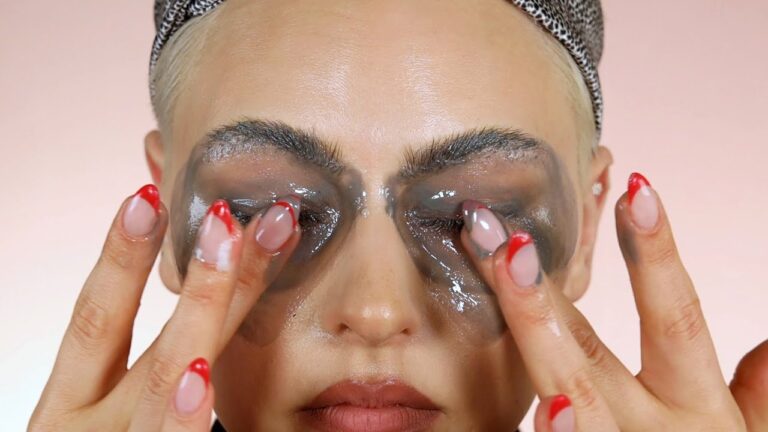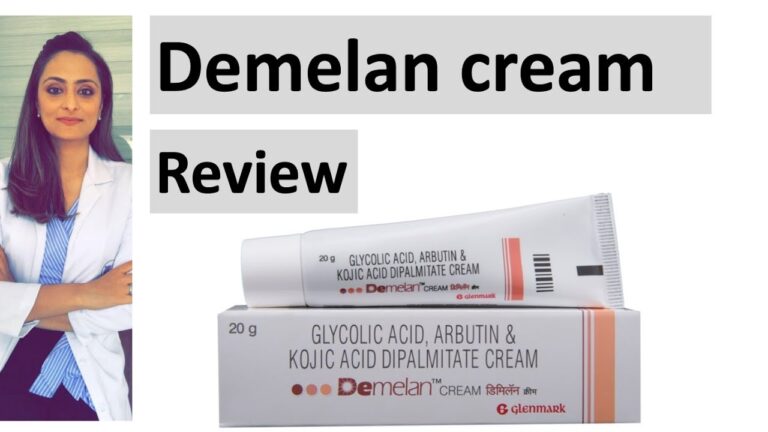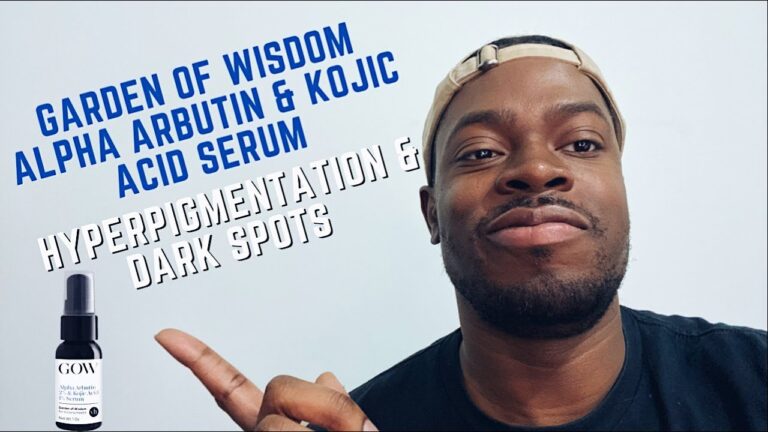Is Azelaic Acid an Exfoliant? Here’s What You Need to Know
Azelaic Acid – An Exfoliant or Not?
When it comes to skincare, exfoliation is an important step that many of us consider incorporating into our routine. It helps to remove dead skin cells, promote cell turnover, and reveal brighter, smoother skin. Azelaic acid is a skincare ingredient that has been gaining popularity in recent years, and many people are wondering – is azelaic acid an exfoliant?
First, let’s understand what azelaic acid is. It is a naturally occurring dicarboxylic acid that is produced by yeast that lives on human skin. It is also found in some grains like wheat, rye, and barley. Azelaic acid has been used for decades to treat various skin conditions such as acne, rosacea, and hyperpigmentation.
Although azelaic acid has been primarily used for its antimicrobial properties, recent studies have shown that it also has exfoliating properties. It works by dissolving the intercellular glue that holds the dead skin cells together, allowing them to be shed more easily. This gentle exfoliation helps to smoothen the skin’s texture and improve its overall appearance.
One of the benefits of using azelaic acid as an exfoliant is that it is a milder alternative to other exfoliating acids like alpha-hydroxy acids (AHAs) and beta-hydroxy acids (BHAs). It is less likely to cause irritation and can be used on sensitive skin types. Additionally, azelaic acid has been shown to have anti-inflammatory properties, making it an excellent choice for those with acne-prone and rosacea-prone skin.
While azelaic acid may have exfoliating properties, it is important to note that it is not classified as a traditional exfoliant. It does not fall under the category of AHAs or BHAs, which are chemical exfoliants that work by dissolving the bonds between dead skin cells. Instead, azelaic acid works by inhibiting the production of keratin, a protein found in the skin that contributes to the formation of comedones (clogged pores).
In conclusion, azelaic acid is an effective ingredient that can help to exfoliate the skin, improve its texture, and treat various skin conditions, but it is not a traditional exfoliant like AHAs or BHAs. Its mild yet effective properties make it a great option for those with sensitive skin types, and it can be easily incorporated into a skincare routine.
So, whether you are looking for an exfoliant or a treatment for acne, hyperpigmentation, or rosacea, products containing azelaic acid may be worth considering. Always remember to patch test new products and consult with a dermatologist if you have any concerns about your skin.
Most searched products:
Is Niacinamide an Active Ingredient in Skincare Products?
Does Sephora Support Israel? Answering Your Questions
5 Surprising Ways The Ordinary Lash Serum Can Transform Your Lashes
Achieve Youthful Skin with The Ordinary Retinol 0.2 in Squalane
Unlock the Benefits: Everything You Need to Know About Azelaic Acid 20%
The Mighty Benefits of Ascorbic C: What You Need to Know
Get Perfect Skin with Our Comprehensive Skin Care Package
Discover the Best Cleansing Balm at Superdrug for Flawless Skin
The Perfect Order: When to Use Retinol and Niacinamide in Your Skincare Routine
The Ultimate Guide to Using The Ordinary Hydrochloric Acid: Benefits and Precautions











